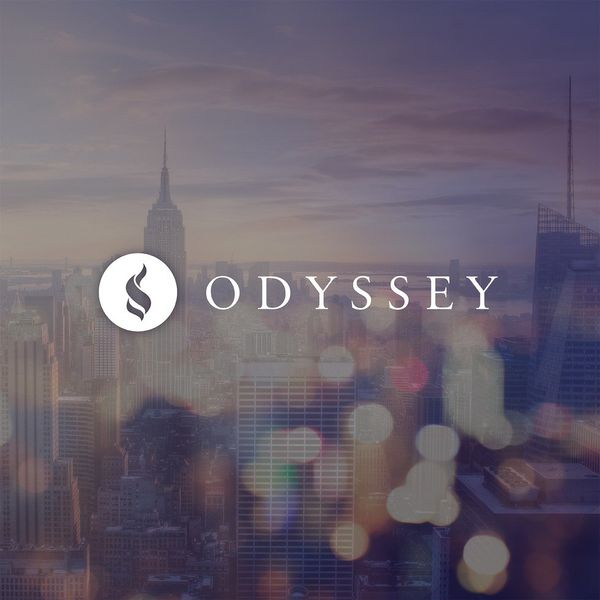"The only way our narratives will be told is if we write them ourselves. I urge you to write your won selves, your true and complicated selves. My scribbling sisters. We are amateurs." -- Heroines
Kate Zambreno’s call to action is for her heroines—the “scribbling sisters”—female writers who have been vampirized as raw material for the bodies of great texts without being the bodies actually capable or “serious” enough to write them: Zelda, Vivien(ne), Jane Bowles, Jean Rhys, Anaïs Nin and a continued litany of female modernists. Who talks about Zelda Fitzgerald when reading The Great Gatsby? Does it make a difference to know anything about T.S. Eliot’s institutionalization of his wife Vivien(ne) when reading The Waste Land?
I think yes. Even in saying “I” (in an informal, online discourse that attempts to bubble up into some sort of argument) I find myself fighting back against an implicit tradition to silence the subjective and appease the objective, the authorial, the masculine, and the definitive—a style of writing that seeks to deny the naysayers and demand veracity. This is what T.S. Eliot would ascribe to the perfect critic: “the progress of an artist is a continual self-sacrifice, a continual extinction of personality.” MLA standards would corroborate—stay away from the self, avoid it like the plague, we don’t want to hear what you think (God forbid, what you feel), we want to know what other professional have to say about this, that or the other thing.
Zambreno’s onslaught batters the canonical, literary patriarchy, and the tendency for writing to be seen as lesser when it becomes personal and emotional.
Humans are social, sentimental being—why do we pretend like we don’t feel? And why are our essays written as if we’re so sage at the age of 18+?
No wonder why college students can’t accept failure, we write and work as if we’ve got it all figured out. There exists no margin for error—and I think there are even higher standards and pressures at play for artists, writers, creators who are working from the outside of a white, European, masculine tradition trying to break in a new mold for their own creative work.
The use of first person point-of-view is usually avoided in academic writing. But, sometimes you are allowed to use it; for example, when you explain your own data or primary resources.
Writing shouldn’t be about making or meeting “academic” standards. Sure, when we’re in our Writing 101 course, let’s aim for par to pass. But deflating the personal? Subverting the development of our own personal voice (UNLESS, you’re using self as data, narrative or primary research) in essence seems to be an obstruction of the actual coming of age for an artist and an artist’s voice. Sure—you can get snappy and sappy in academic prose. But there is power in “I” statements—there’s real vulnerability in the “I.”
(Disclaimer: “I” can also be abused: superficial, theatrical, or performed vulnerability in writing the self. Writing with “I” for other eyes to see is different than writing the “I” for only me and me alone. How do we edit our “I” before other eyes? I’m still out to sea on that Q.)
Even in writing that sentence, I find myself asking why—Why is “I” with you different than isolated “I”?
I don’t have solutions or answers; I think a simple response would be “human nature.” But like Zambreno put so bluntly, we’re complicated. We’ve got knotted histories—histories that involved I’s and we’s and you’s and me’s and they’s and theirs and ours and mine and yours. It’s complex. Honestly, I think part of the problem is the function of this—the corporatization (the making of a body) of ideologues and bloggers on spaces like The Odyssey. Production is streamlined: weekly posts (where is the time to develop, synthesize, and actually think or feel?), little to no creative feedback loop, and a company vision designed on Social Media engagement by quantity and not quality.
I’ve been participating in the making of a mass media culture that spits out ideas for the sake of spitting out ideas without actually stopping to realize, and apologize, that I’ve spat all over you and your news feed and haven’t encouraged more thought but instead, more mindlessness.
Writing shouldn’t be something that comes (just) under a pretty website name or from a team of folk who edit and approve what you should or shouldn’t say, especially in writing ourselves. In order to “be,” in order to grow into the fullness of who we are called to “be,” we have to first live and exist as our unedited selves.
Tl;dr—this will be my last Odyssey post and I hope to endeavor a blog (or something of the sort, personal journal, not too sure, sometime soon). Cheers cyber world.




















